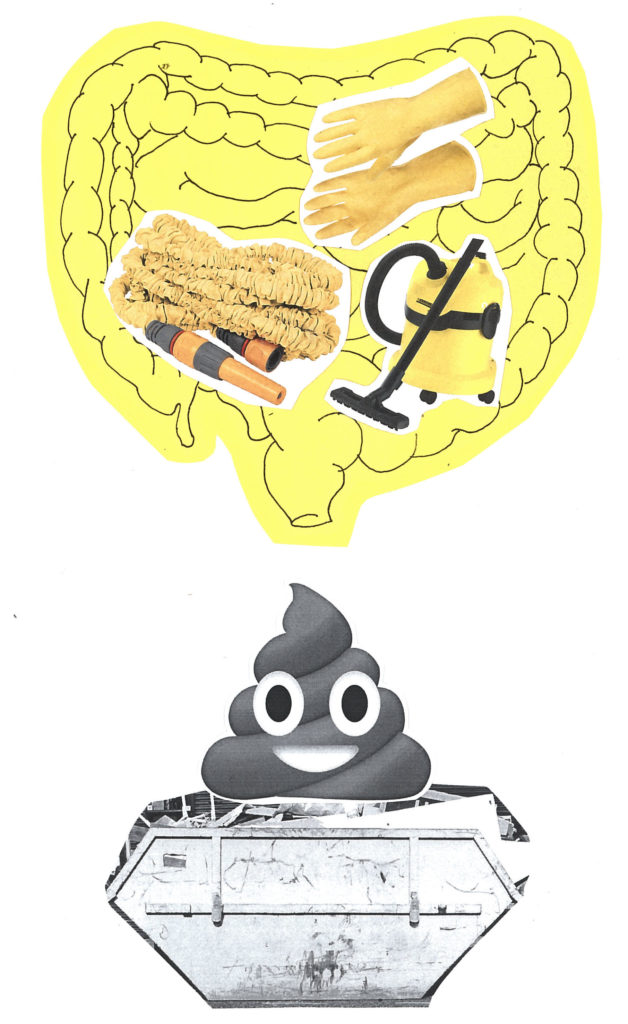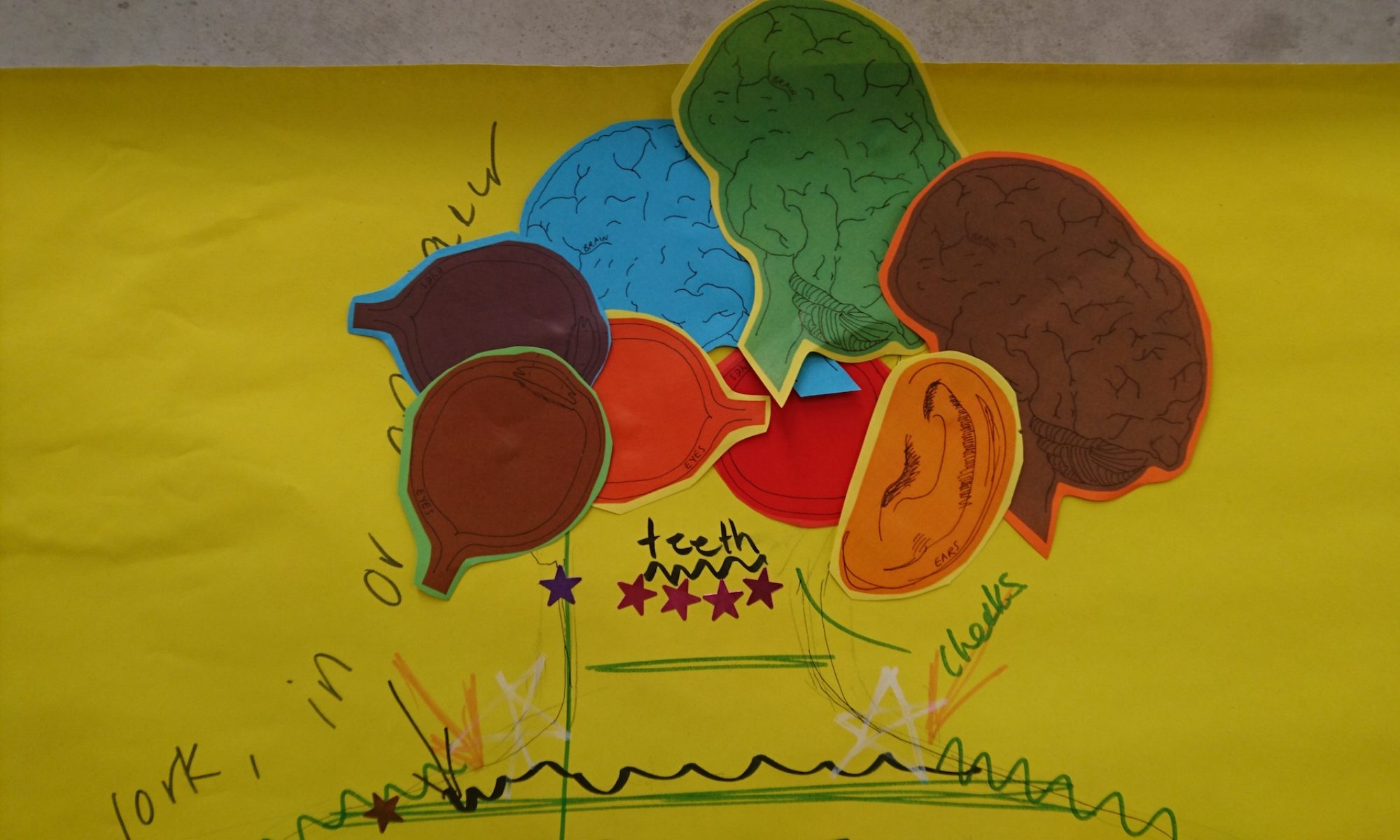A series of online panel discussions and in-person workshop sharing methods of analysis in practice-research.

Image: Collage made for Manual Labours Manual #4 The Building as Body
Session 1: Tuesday 13 June, 10-11.30am BST, online, no need to book. Click here to join
Screenwriting, clowning and storytelling: perspectives on methods of analysis with Stayci Taylor, Hilary Ramsden, Andy Barrett and Sanjana Kumar, with reflections from Seda Ilter .
More info about this session here.
Session 2: Wednesday 14 June, 6-7.30pm BST, online, no need to book. Click here to join.
Remixing, communal knowledge and auto-ethnography: perspective on methods of analysis with Catherine Grant, Ana Laura López de la Torre and Pablo Martínez, with reflections from Ben Gidley.
More info about this session here.
Session 3: Monday 19 June, 4-5.30pm, BST, online, no need to book. Click here to join.
Computing otherwise, contiguous writing and speculative archiving: perspectives on methods of analysis with Emma Cocker, Tinashe Mushakavanhu and Helen V. Pritchard.
More info about this session here.
Session 4: Wednesday 28 June, 2-5pm, in person, ICA, London
‘Show and tell’ workshop for practice-research PhD students focusing on methods of analysis. This session will be facilitated by Sophie Hope, Lina Dzuverovic and Jen Clarke (Robert Gordon University). Please contact Sophie on s.hope@bbk.ac.uk if you would like to attend this session.
Wednesday 28 June, 6-8pm, in person, ICA, London, no booking required.
The last hurrah! Join us for a ‘long table’ discussion and celebration of ten years of Corkscrew. All welcome. Bring a ‘prop’ that you use in your practice-research.
Please contact Sophie if you have any access needs (s.hope@bbk.ac.uk).
The online panel events will be audio recorded and made available as Corkscrew podcasts.
About this series of events:
Creative, artistic, practice-based/led methods of research have been invented, debated, and tentatively embraced by PhD students and academics for some time now. This workshop (recorded as a series of podcasts), turns the focus on the meaning and practice of analysis in such research projects to explore the different ways practice-researchers are approaching critical interpretations of ‘data’ or materials that are generated through their research processes.
The closeness of my own research to social science and ethnographic methodologies means that I, and the people I work with, often generate a lot of audio recordings (sometimes video) from workshops and interviews. We listen back, and it is in this process of deep listening, editing, discussing and reworking that material that we try and interpret what is being said, often creating something new during the process (in the form of collages, scripts, archives or zines, for example). Cutting and pasting becomes a method of analysis that comes from the work of thematically coding the material that is generated during the messy empirical process of ‘fieldwork’. Analysis often happens when we take a pause, file the materials and start listening or watching back, taking notes, highlighting, copying and pasting sections of transcript, reorganising our material and thoughts simultaneously. Analysis can also happen throughout a research process as a formative rather than summative action; a feedback loop that iteratively informs the next steps. Processes of analysis can happen in isolation or as part of a collective enquiry.
Whether we are researchers with certain ‘projects’ to carry out (a PhD, a funded piece of research) or not, there is often a deadline. Our findings need to be presented, ideally in a way that clearly articulates what the new knowledge is and in a way that can be effectively shared. As researchers we must show our workings out, so that those claims to new knowledge can be justified. ‘Rigorous’ research implies someone else can follow what you did and come up with the same results. But how does this apply to a practice-research process, where we often embody the practice that the research comes through (whether it’s walking, writing, facilitating, drawing, filming…)? Rather than relying on existing methods of analysis, such as coding, to demonstrate ‘rigour’, are cutting and pasting, fictionalising, collaging, diagramming and editing also considered valid forms of analysis? Who gets to do this phase of the research; how is one’s ‘practice’ reflected in the analysis as well as production phases of the research process and where/how is this held in the work presented publicly?
This series of events invites guest speakers from different disciplines to show their workings out, referring to specific examples of practice-research they have worked on to address the question: What role does analysis play in our research? When, where, why, and how does it happen and who does it?
*Etymology of the word analysis: via medieval Latin from Greek analusis, from analuein ‘unloose’, from ana- ‘up’ + luein ‘loosen’.
